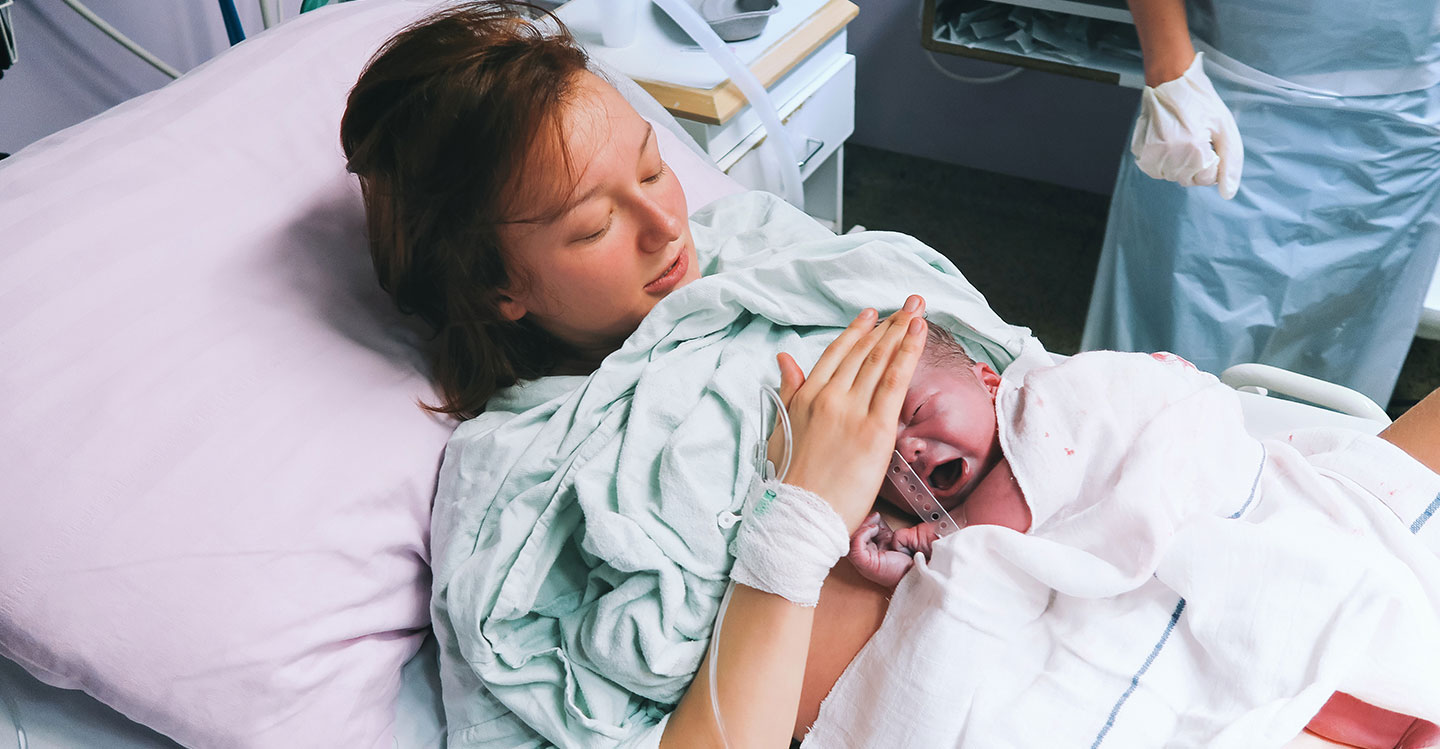Types of care
Your options for public pregnancy care will vary from one hospital to another, but they could include: clinic care, a midwives’ clinic, a birth centre, homebirth and/or shared care with your doctor. Talk to your doctor or midwife early in your pregnancy about your available options.
Midwives’ clinic
Your antenatal appointments usually take place in a public hospital midwives’ clinic – provided there are no present or foreseen risks with your pregnancy. If there are any complications or concerns, you’ll be referred to see a doctor at the hospital. When you are in labour, you are cared for by the midwives and doctors on duty in the birthing unit. In a public hospital, you are not able to choose which doctor attends the birth unless you have a shared care arrangement.
Shared care
Shared care is an arrangement between a public hospital and a local practitioner, such as a GP who has obstetric training and qualifications. Shared care is usually only available to women having low-risk pregnancies. It can be a preferred option for some women because they can receive care from a GP they are familiar with and who works locally.
Shared care arrangements also provide continuity of care, because the same GP who has attended to you during the pregnancy and birth also provides the postnatal care.
Length of stay
Public hospitals may offer private as well as shared rooms, but this can vary according to the hospital. Most women stay in a public hospital for one to two days after a vaginal birth, and around three to four days after a caesarean birth. If you and the baby are well, you may be able to go home in less than 24 hours. Before doing so, however, the hospital will make arrangements for a child and family health nurse to contact and visit you soon after you return home.
Costs
Under the public health system and with a Medicare card, the cost of having a baby at a public hospital, birth centre or public homebirth program is covered by Medicare. Some tests and ultrasound scans and any antenatal classes may attract additional costs. Check with your doctor or midwife about extra costs and what may be covered by Medicare. Shared care may attract additional costs depending on whether your GP bulk bills, so be sure to discuss this with your GP.
It is also possible to be a private patient in a public hospital, but this will involve extra costs. Check with your local public hospitals for more details.



